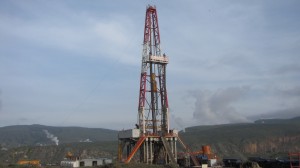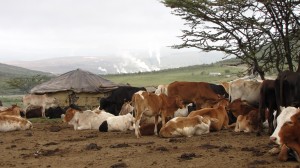Abstract
Historically, anthropology refers to the study of human activities, i.e. as a mirror of interactions between societies and their environment. In the recent past, research on human activities have enlightened new objects that are strongly linked with the “mainstreaming” of an «environmental repository » in public policies and are characterized by the complexity of interactions. Globalization, limits of growth, scarcity of resources, climate change are drawing new spaces for scientific debate and controversies as well as fields for a new ethnography of critical situations. As new geological era reflecting the influence of humans on the Earth system, or “man as the main geological force of the Earth system”, the anthropocene would have started with the industrial revolution of the eighteenth century and would succeed to the era of the Holocene. As such, the Anthropocene illustrates the role played by the environmental debate and the earth sciences in scientific discourse and practices. As an injunction to humanities to cope with future socio-ecologies, this uncommon thesis re-examines how man has for long produced nature. To account for the complex interactions that interplay in the Anthropocene and to suggest that they do not turn the anthropologist to an anecdotal chronicler, the workshop explores anthropological research that have for long discussed environmental topics (biodiversity, patrimonialisation of nature, industrial pollution…). To frame the debates and challenges due to the thesis of the Anthropocene, the workshop will present many scenes of anthropology by reading of texts and by making exercises in relation with dynamic socio ecological landscapes and ecosystems. It will show the need to combine interdisciplinary approaches with a detailed ethnographic survey and try to show how this context renews the relationship between anthropology and archeology of the Holocene.
In connection with the European research network REAL (Resilient pasts and adaptation of East African Landscape in temporal, spatial and social perspectives, Initial Training Program, Marie Curie), the workshop focuses on anthropological and arachaeological studies located in Africa.
Workshop logistics:
Location: EHESS, Paris, France
Workshop duration: runs October 2014 to January 2015
Deadline for submitting: November 1, 2014
Contact: Benoit Hazard <benoit.hazard@ehess.fr>
Format: The duration of the seminar is 2 hours. The framework of a presentation at EHESS is usually 1 or 1h30 so that you’ve time to present your research and then the remaining time is for questions and discussions.1
Funding: Some funds are available for accommodations – please enquire
Photographs by: Benoit Hazard

